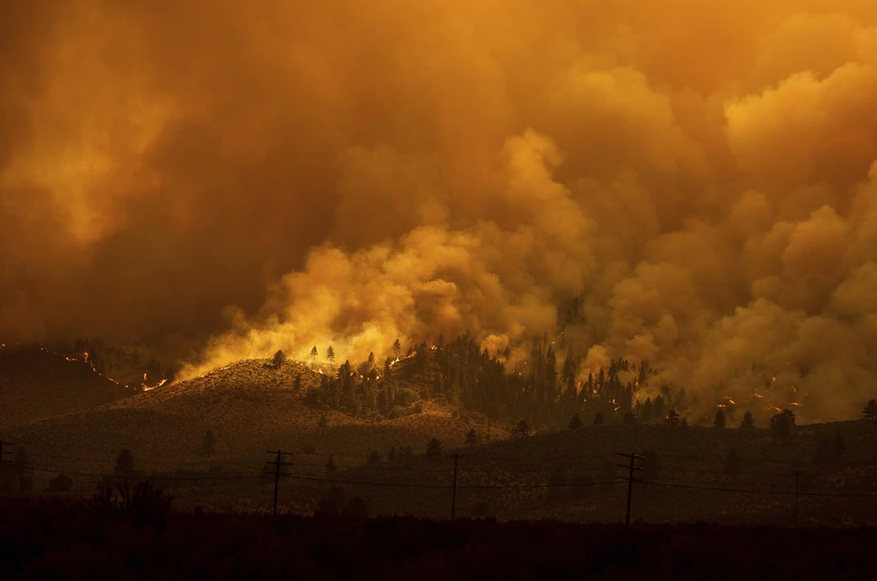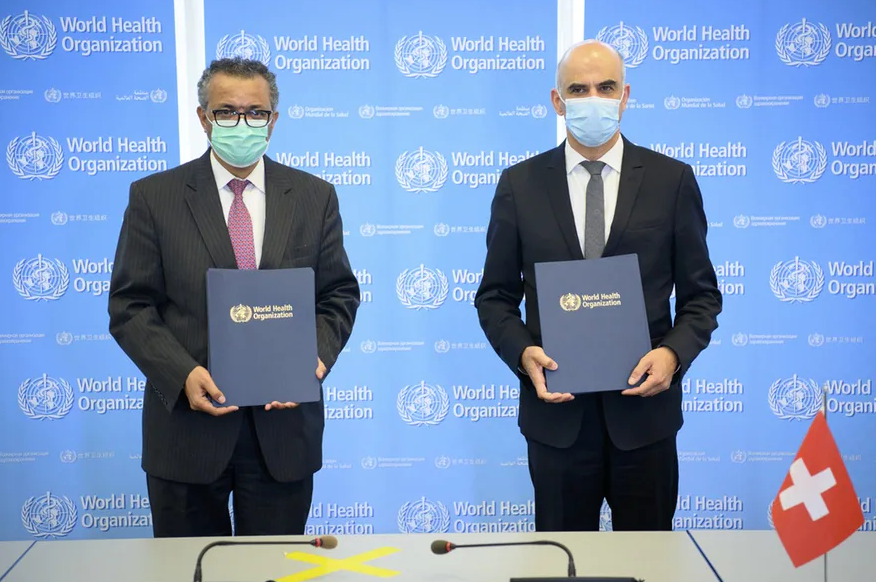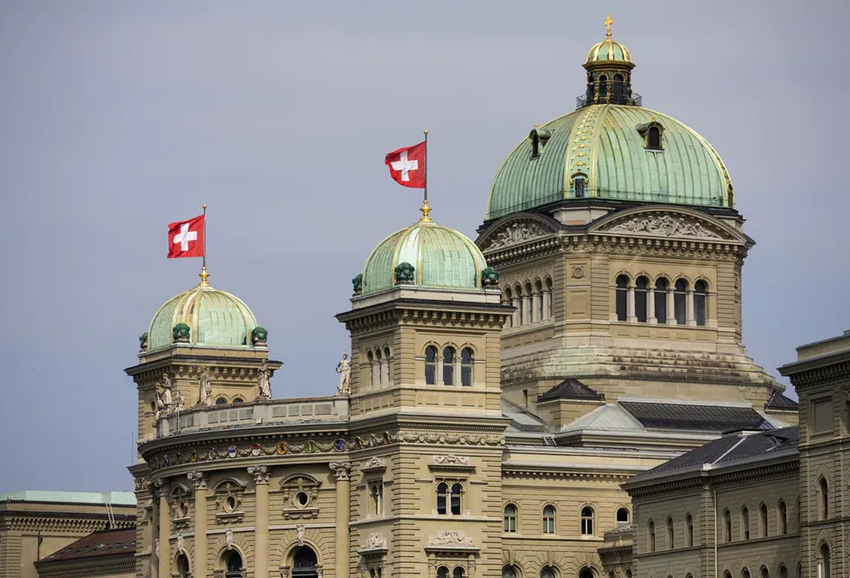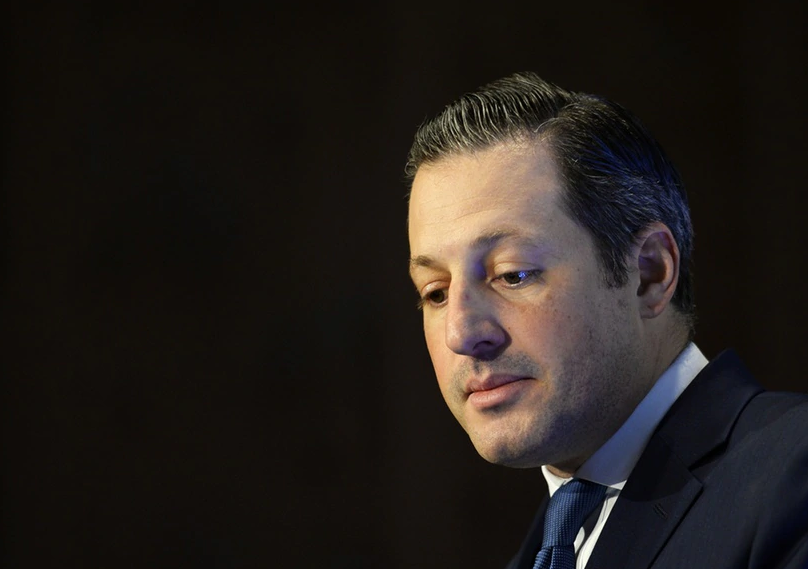Climate change is causing extreme weather, also in Switzerland. A climate taskforce – like the Covid 19 science task force – makes sense, a leading Swiss climate scientist says. Wildfire in Doyle, California, US, on July 10 Keystone / Noah Berger Humankind should get used to heatwaves, fires, torrential rain, landslides, flooding and bad harvests, Sonia Seneviratne,External link a professor at the Institute for Atmospheric and Climate Science at the Swiss Federal Institute of Technology Zurich (ETH Zurich), has told the SonntagsBlickExternal link. “We are sometimes experiencing events which we have never seen before. Climate change is happening now,” she said in an interview published on Sunday. Not enough has been done to counter climate change. The concentration
Topics:
Swissinfo considers the following as important: 3.) Swissinfo Business and Economy, 3) Swiss Markets and News, Featured, Latest News, newsletter
This could be interesting, too:
Nachrichten Ticker - www.finanzen.ch writes Die Performance der Kryptowährungen in KW 9: Das hat sich bei Bitcoin, Ether & Co. getan
Nachrichten Ticker - www.finanzen.ch writes Wer verbirgt sich hinter der Ethereum-Technologie?
Martin Hartmann writes Eine Analyse nach den Lehren von Milton Friedman
Marc Chandler writes March 2025 Monthly
Climate change is causing extreme weather, also in Switzerland. A climate taskforce – like the Covid 19 science task force – makes sense, a leading Swiss climate scientist says.
Humankind should get used to heatwaves, fires, torrential rain, landslides, flooding and bad harvests, Sonia Seneviratne,External link a professor at the Institute for Atmospheric and Climate Science at the Swiss Federal Institute of Technology Zurich (ETH Zurich), has told the SonntagsBlickExternal link.
“We are sometimes experiencing events which we have never seen before. Climate change is happening now,” she said in an interview published on Sunday.
Not enough has been done to counter climate change. The concentration of CO2 in the atmosphere is increasing – it reached its highest ever level in May – and the perspectives are not very encouraging, Seneviratne added.
Everyone, including Switzerland, has to take responsibility, the scientist explained. Action is needed now at all levels, also on fossil fuels. A 30% reduction at least in emissions over the next years, rising to at least 50% by 2030 would be the goal.
CO2 law fallout
Her comments come at a time of uncertainty in Swiss climate policy. On June 13 Swiss voters rejected the CO2 law, the legislation at the heart of the Swiss strategy to abide by the Paris Agreement on Climate Change.
Seneviratne pointed to the “Glacier Initiative” calling on the Swiss authorities to dramatically step up efforts to cut greenhouse gases by 2050 (which is currently waiting for feedbackExternal link from the government before a voting date is set) as an important next step. “It not only gives us a goal, but also details about how to get there. This is very important and if something that is missing at the moment,” Seneviratne told the newspaper.
The scientist agreed that the climate crisis should be treated like the coronavirus crisis, as the climate crisis was at a point “where very quick decisions need to be made”. A scientific climate task force, that acts as a bridge between science, politicians and decision-makers – like there is for Covid-19 – would be useful, she said. “There has to be more direct exchange,” Seneviratne said.
Tags: Featured,Latest news,newsletter









